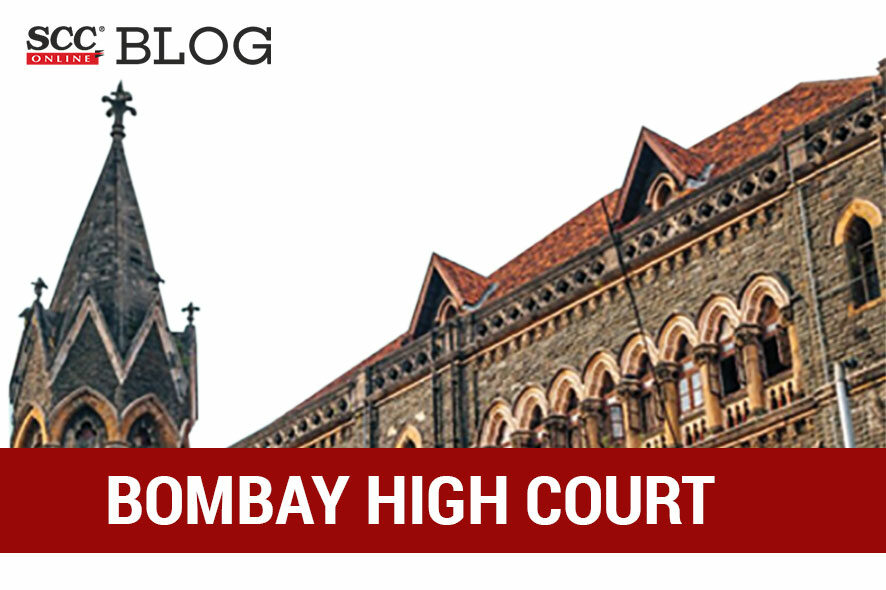Bombay High Court: In an appeal filed against the judgment dated 18-12-2019 in a special atrocity case passed by the Special Court wherein it was held the appellant was guilty of offenses punishable under Sections 4 and 6 of the Protection of Children from Sexual Offences Act, 2012 (POCSO Act) and Sections 376(2)(i) and 376(2)(j) of Penal Code, 1860 (IPC), Anuja Prabhudessai, J., acquitted the accused of offences punishable under Sections 4 and 6 of POCSO Act and Sections 376(2)(i) and 376(2)(j) of IPC as the prosecution failed to prove the guilt of the appellant beyond a reasonable doubt.
FIR was lodged against the appellant when he was in 10th standard alleging that the appellant had a sexual relationship with her under the pretext of marriage. The victim alleged that the appellant was avoiding her and not picking up her calls after she informed him that she was pregnant. She claimed to belong to the Scheduled Caste community and was a minor on the date of the incident. She, therefore, registered the crime for the offences punishable under Sections 4 and 6 of the POCSO Act, 376 (2) (i), (j), and (k) of IPC and Section 3(1)(xii) of the Scheduled Caste and Scheduled Tribes (Prevention of Atrocities) Act, 1989 (the SC and ST Act) against the appellant for subjecting her to penetrative sexual assault and committing the offence of rape despite knowing that she was a member of the scheduled caste.
The investigation was conducted and meanwhile, the victim gave birth to the child, and the Special Judge found the accused guilty under POCSO but acquitted him under SC/ST Act as the prosecution failed to prove that the victim was a member of Scheduled Cast or Scheduled Tribe. The appellant submitted that they were in love with each other and wanted to marry her and take care of the child.
The Court noted that to attract the provisions of the POCSO Act, the onus is on the prosecution to prove that the victim was a ‘child' within the meaning of section 2(d) of the POCSO Act and Section 34 of the POCSO Act prescribes the procedure to be followed in case of Commission of offence by the child and determination of age by a Special Court under the POCSO Act.
The Court further noted that an entry of the date of birth, as recorded in the School Register, is relevant and admissible in evidence under section 35 of the Evidence Act. However, such an entry would be of no evidentiary value in the absence of the material based on which the age was recorded. In the instant case, there is the absence of evidence as regards the material on which the date of birth was recorded in the School Register and the School Leaving Certificate, the entry regarding the age of the victim as recorded in the School Register and School Leaving Certificate has no probative value.
On the aspect of the prosecution trying to prove the age of the victim based on the dental examination, the Court observed that the conviction is made in impugned order based on the evidence indicating the age of the victim as 15 to 17 years in view of the absence of third molar, which is normally referred to as wisdom tooth.
The Court opined that eruption of wisdom tooth may at the most suggest that the age of the person is 17 years or above, but non-eruption or absence of wisdom tooth does not conclusively prove that the person is below 18 years of age. Therefore, the mere fact that wisdom tooth has not erupted is not of great importance in assessing age.
The Court concluded that the ossification test or other medical test though is a guiding factor for determining the age but leaves a margin of error of two years on either side and thus, the benefit of doubt regarding the age of the victim always goes in favour of the accused. In the instant case, the age of the victim has been assessed as approximately 15 to 17 years. Thus, considering the margin of error in age even as one year, the victim would be 18 years of age and would not be a child within the meaning of Section 2(d) of the POCSO Act.
The Court held that in the absence of evidence to prove that the victim was below 18 years of age, the provisions of the POCSO Act cannot be invoked and consensual relationship would not constitute rape within the meaning of Section 375 of the IPC.
[Maherban Hasan Babu Khan v. State of Maharashtra, CRIMINAL APPEAL NO. 09 OF 2021, decided on 03-05-2023]
Advocates who appeared in this case :
Mr. Jagdish Kumar Sanjeev Hegde for the Appellant. Mr. N.B. Patil, APP for the Respondent No.1-State. Ms Rebecca Gonsalves for Respondent No.2-victim.






